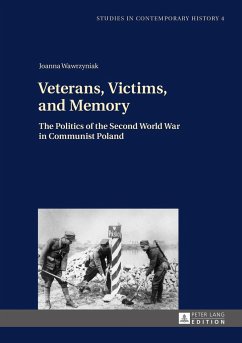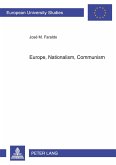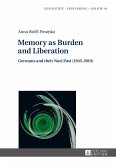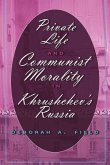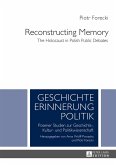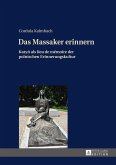In the vast literature on how the Second World War has been remembered in Europe, research into what happened in communist Poland, a country most affected by the war, is surprisingly scarce. The long gestation of Polish narratives of heroism and sacrifice, explored in this book, might help to understand why the country still finds itself in a "mnemonic standoff" with Western Europe, which tends to favour imagining the war in a civil, post-Holocaust, human rights-oriented way. The specific focus of this book is the organized movement of war veterans and former prisoners of Nazi camps from the 1940s until the end of the 1960s, when the core narratives of war became well established.
«Abschließend bleibt festzuhalten, dass Wawrzyniak überzeugend und souverän durch die Wandlungen der Geschichtspolitik in der Volksrepublik Polen führt.»
(Maximilian Becker, sehepunkte 16/2016)
«An incisive and well-organized case study, it is highly recommended to specialists on Poland's politics of memory and postwar central and east central Europe more generally.»
(Andrew Demshuk, Slavic Review Spring 2017)
«[...] the book is well translated and makes for a captivating reading. It is a fine study, which offers rich and detailed insights into Polish memory politics. It is likewise an important addition to the growing body of studies on the role of war veterans in twentieth-century Europe.»
(Christian Noack, Jahrbücher für Geschichte Osteuropas 65/2017)
(Maximilian Becker, sehepunkte 16/2016)
«An incisive and well-organized case study, it is highly recommended to specialists on Poland's politics of memory and postwar central and east central Europe more generally.»
(Andrew Demshuk, Slavic Review Spring 2017)
«[...] the book is well translated and makes for a captivating reading. It is a fine study, which offers rich and detailed insights into Polish memory politics. It is likewise an important addition to the growing body of studies on the role of war veterans in twentieth-century Europe.»
(Christian Noack, Jahrbücher für Geschichte Osteuropas 65/2017)

